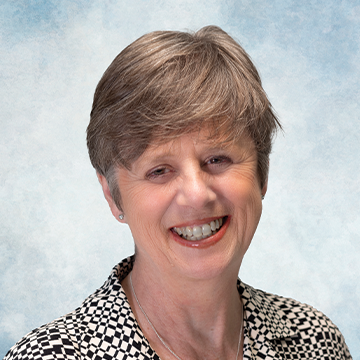Rwandan journalist's study route to international publication.
A few months later he is celebrating his work being published by the international media organisation.
The story led with the release of 50 women who had been jailed for having abortions and were to be released after a personal pardon issued by the country’s president, Paul Kagame.
It went on to examine Rwanda’s revision of its penal code in 2018 which restricted abortion to a narrow set of circumstances
“Women's right to safe abortion is a global concern and even controversial for most of countries around the world,” says Christophe. “So, telling the world about the country's situation about the issue, is therefore of great importance.”

Pitching stories
Tracy McVeigh, the Guardian's Editor of Global Development, says the story works as a Guardian article because it has a strong top news line and is about human rights.
She receives hundreds of emails every day from journalists like Christophe pitching stories
“I don’t have time to read a very long explanation,” she says. ”If you cannot explain the story in a few lines then it is unlikely to be a good story. Editors have to describe the stories they are running to other editors in news conferences and we have to do it in a couple of sentences.”
Access to information
The visit to The Guardian and other news organisations was the culmination of a programme organised by Thomson Foundation to raise journalistic standards in Rwanda and funded by the British High Commission in Kigali as part of a Foreign Office mission to support media freedom.
Sixty journalists took part in the first leg, an online exercise aimed at making more use of the country’s access to information law. From the 60, a shortlist of nine, including Christophe, was drawn up to participate in a week-long course in the capital Kigali with experts on submitting information requests, media freedom and investigative journalism. The final leg was in London.
“Apart from tools and tips in investigative journalism and the efficient way of using access to information law,” says Christophe, a news correspondent for Down to Earth India based in Kigali. “The study tour to London was a great exposure to senior editors and journalists of world leading newsrooms.”
Read Christophe’s story published by The Guardian here.
Related content

Deborah Kelly
Director of Training and Communications
About: Deborah plays a key part in developing and promoting our training programmes and is our specialist on gender in media. Her recent training projects have centred on digital and mobile journalism.
About: Deborah plays a key part in developing and promoting our training programmes and is our specialist on gender in media. Her recent training projects have centred on digital and mobile journalism.


